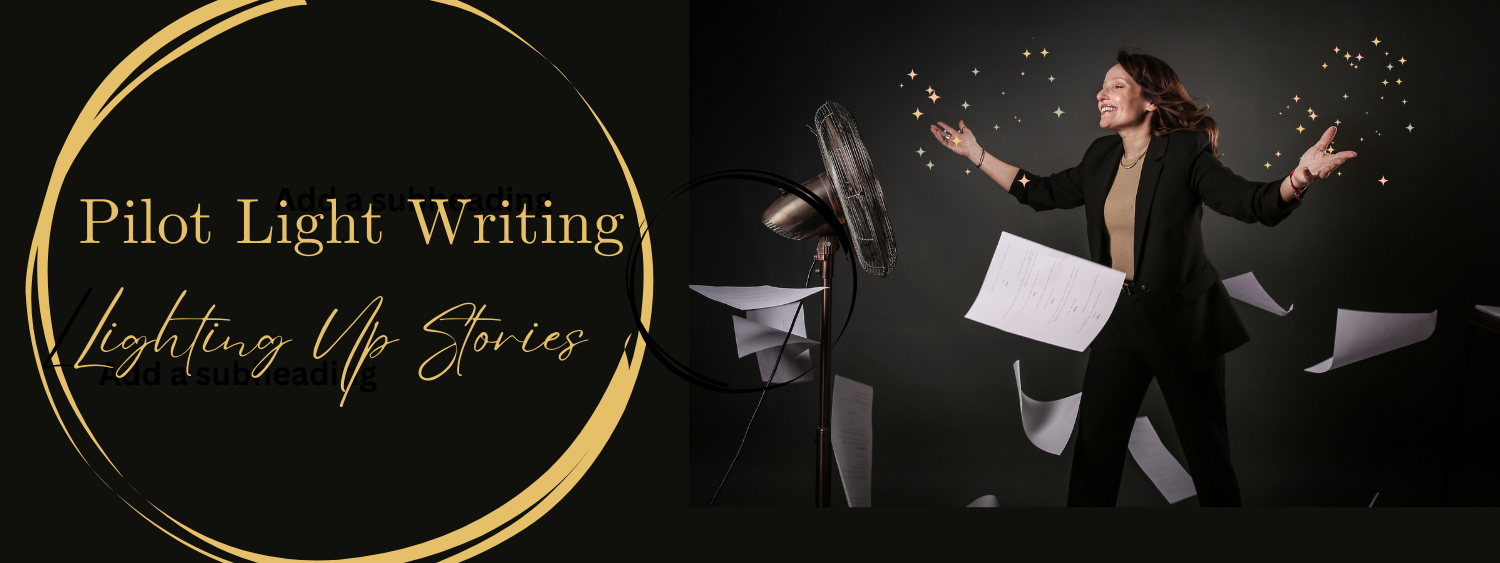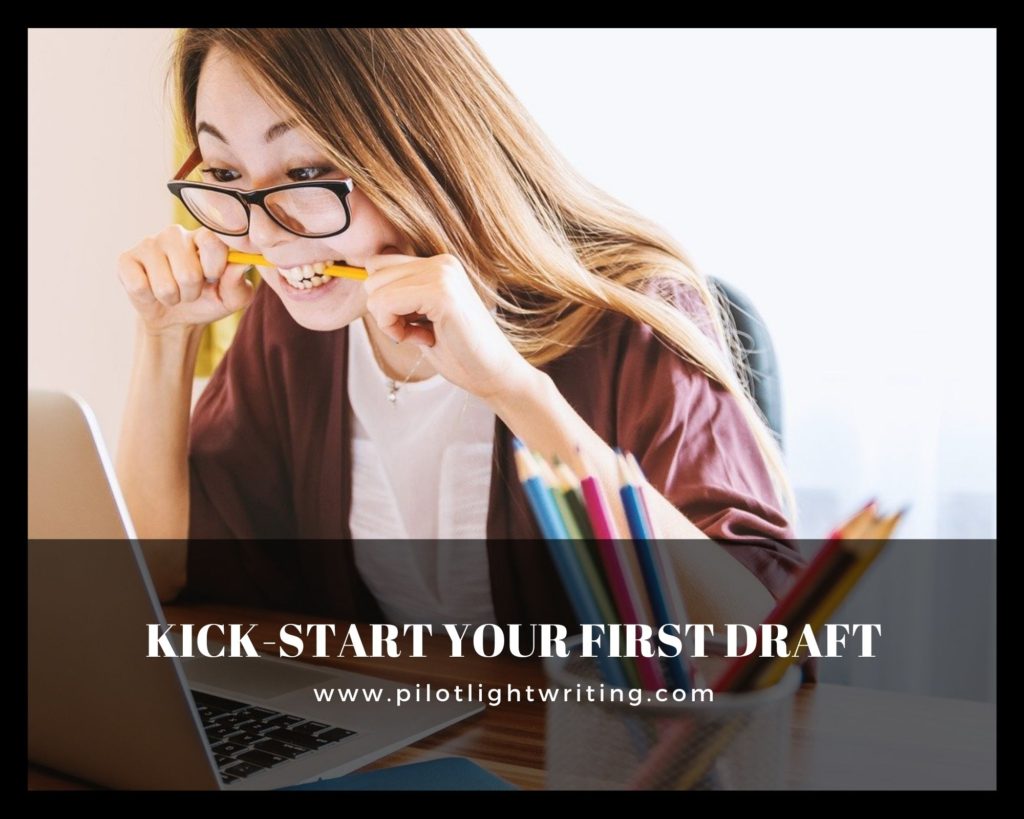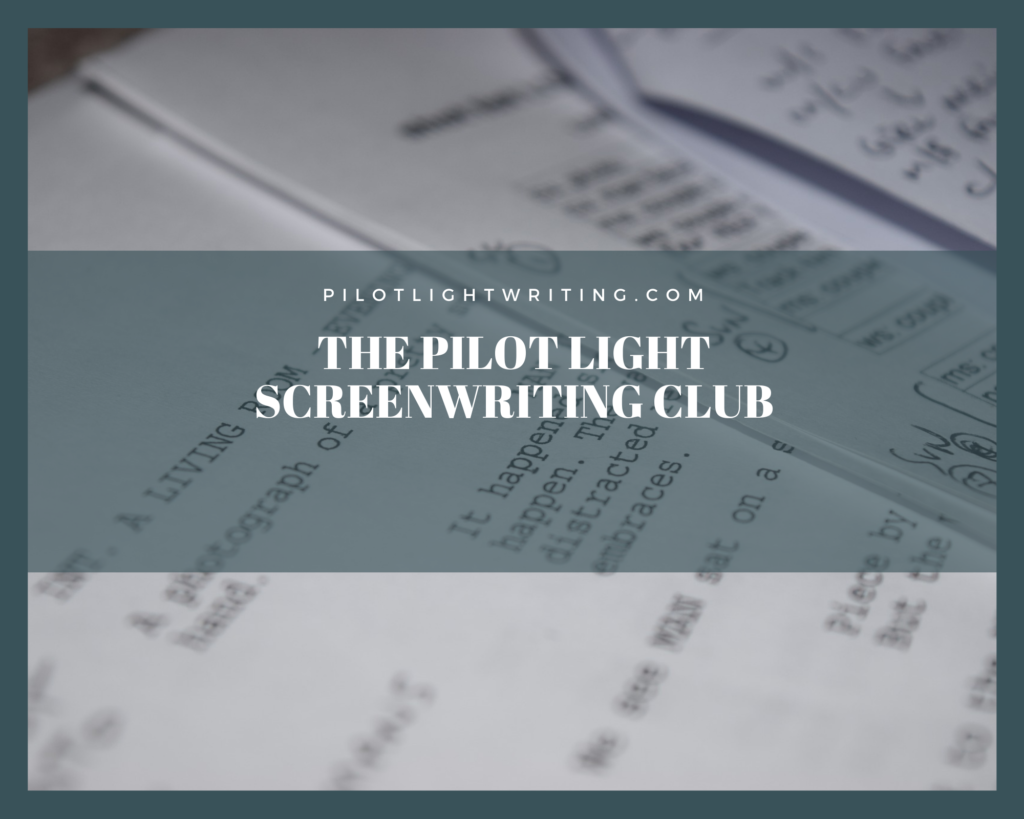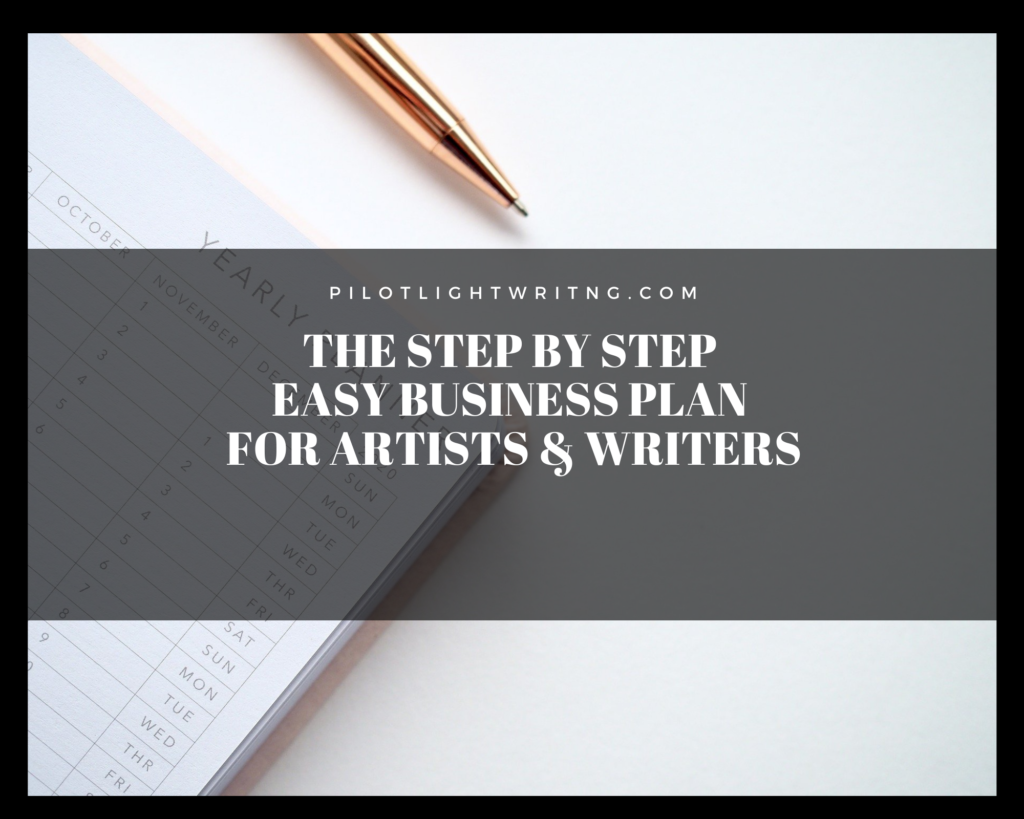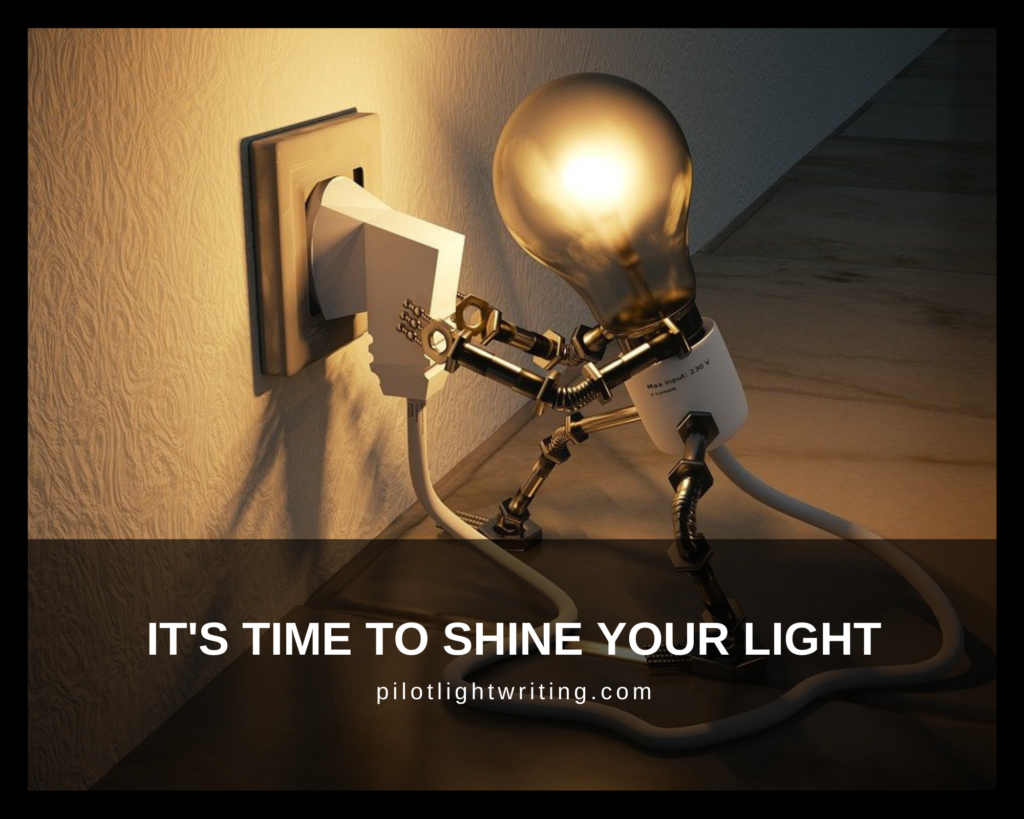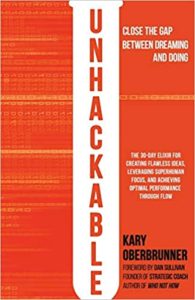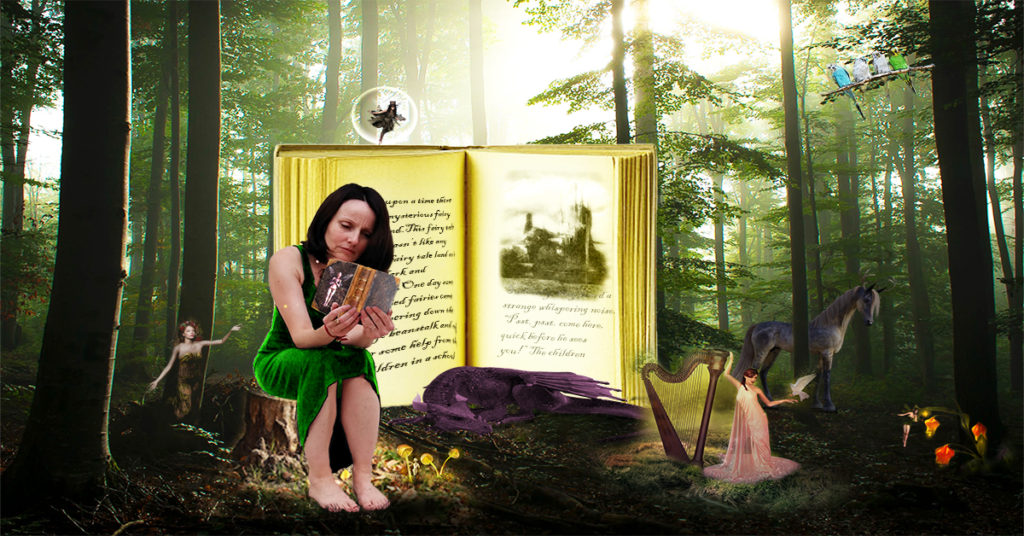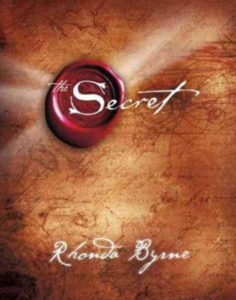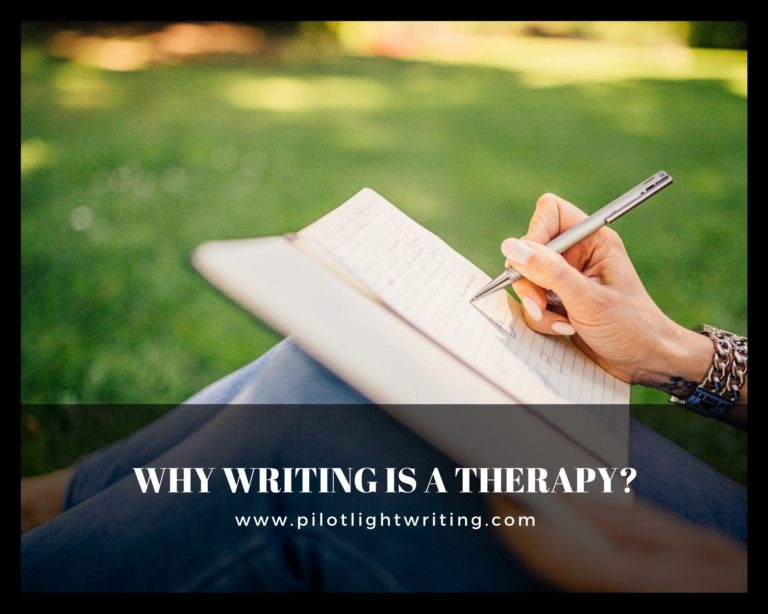
Photo by StockSnap @ Pixabay
Two years ago, I wrote a post called ‘Healing with Journaling’. I was a bit naive to claim that we could heal from traumas. What I should have said instead is that writing is a therapy.
So, if writing doesn’t heal traumas, it makes them more apparent. Instead of sliding them under the carpet, we acknowledge our pain, which is the first step to feel better.
Writing is therapeutic.
1. It keeps your body and mind healthy
Our society is contaminated by anxiety.
A lot of people live in fear to be judged, abandoned or rejected. As a result, life can become unbearable.
The source of anxiety is different for everyone:
- Unemployment
- Grief
- Overworking
- Separation
- Disease
- Ageing
- Any type of change…
If not analyzed and expressed, this anxiety will find a way to be released often in an unhealthy way:
- Insomnia or disturbing dreams
- Eating disorders
- Extreme fatigue
- Depression
- Sexual troubles
- Skin problems
- Lack of concentration and enthusiasm
- Fear of others
- OCD
- Being always in a rush
- Speaking to fast or too loud or both…
Often overlooked, writing is a powerful way to get some emotional release. It’s been proven for reducing stress and physical pain, improves memory and immune system and it also reduces anxiety, which is my point.
By writing down our pain, we honor our authentic self. We can sit down with our sadness or have a conversation with our demons. What if your back pain wants to tell you something? What if we ask our addiction what void it’s trying to fill?
‘You’ll be amazed at the rotten things your subconscious will blurt out. Write them down.’ Julia Cameron
When the emotions come out, our clarity creates room for the change we desperately need.
2. It shifts our mood and brings back enthusiasm in our lives
While fighting cancer for five years, my goddess friend was raising her young children, as well as building a successful business and writing bestselling books. She has my deepest respect.
When she suggested starting a gratitude journal, I was uncomfortable with the idea. She told me that her first times, she was writing things such as: ‘I’m grateful that this day is finally over’. Gradually, she became more open to the beautiful things in her life; it helped her to go through hard times and to fight cancer.
So I tried it myself and I haven’t stopped since.
Often a seeming calamity is an angel in disguise. (…) What if we adapted a welcoming attitude to life, letting go of a habitual defensive or controlling attitude? What would we attract then? Catherine Ann Jones
Gratitude helps to focus on what really matters. It also increases the level of satisfaction with life. It shifts negative moods into positive ones and gets rid of the dark cloud that lingers around our head.
So I invite you to try it too. Write about one thing you feel grateful for today. Try it for a week and see the difference.
It Makes Our lives More Creative
Writing is a way to express ourselves and it’s a therapy. It’s not the only one though.
Overcoming our anxieties demands a combination of therapies.
I personally have my own combination, which is my family, my friends, my daily yoga and writing. I’m not past the grief and pain I’m going through but I know that the Universe sends me this combination to continue breathing.
Life itself is pure creativity and we are part of it. Not being creative is against our very nature. Who cares if it doesn’t come out perfectly? The aim is not to suffer while writing as pictured often in the media (the writer who cannot write a line). The writer’s block is nothing less than the fear of being wrong and being judged by others.
‘To live a creative life, we must lose our fear of being wrong.’ Joseph Chilton Pearce
Creative writing allows us to connect with our inner self, to fill our potential, to explore our own mystery. Knowing ourselves is a powerful tool which has been discussed since the antiquity as if it was the key that opens many doors…
‘Be really whole and all things will come to you’. Lao Tzu
Take good care of yourself my friend x

If you like this subject, I’d suggest to read ‘Writing as a Way of Healing’ by Louise Desalvo
